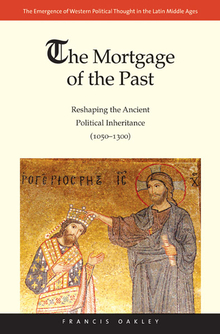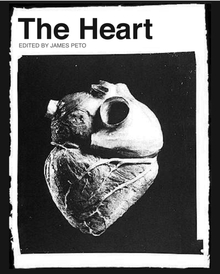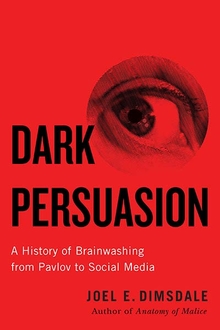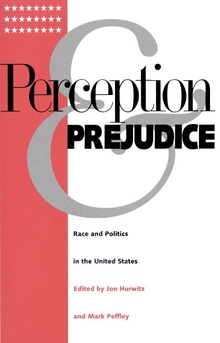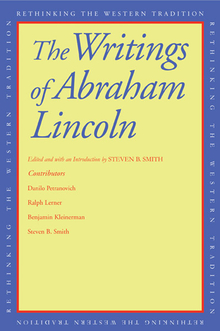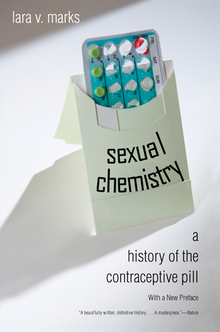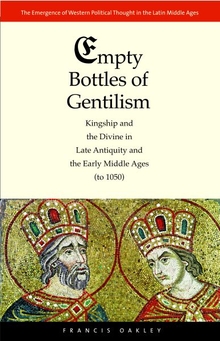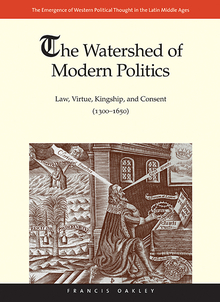The Mortgage of the Past
WARNING
You are viewing an older version of the Yalebooks website. Please visit out new website with more updated information and a better user experience: https://www.yalebooks.com
Reshaping the Ancient Political Inheritance (1050-1300)
Francis Oakley
Francis Oakley continues his magisterial three-part history of the emergence of Western political thought during the Middle Ages with this second volume in the series. Here, Oakley explores kingship from the tenth century to the beginning of the fourteenth, showing how, under the stresses of religious and cultural development, kingship became an inceasingly secular institution.
“A masterpiece and the central part of a trilogy that will be a true masterwork.”—Jeffrey Burton Russell, University of California, Santa Barbara
Francis Oakley is President Emeritus and Edward Dorr Griffin Professor of the History of Ideas at Williams College.
"Francis Oakley’s Mortgage of the Past is a masterpiece and the central part of a trilogy that will be a true masterwork...Scholars will draw upon it for at least a century to come...the author’s command of current as well as medieval issues is deep, and his treatment of one big issue—that of 'church vs. state'—is something that contemporary politicians and jurists should study carefully."—Jeffrey Burton Russell, author of A History of Heaven: The Singing Silence
"The second volume of Oakley’s masterful survey of medieval political thought continues the themes of the first volume: the importance of Christian thought for shaping political ideas. Oakley has created a synthesis of the best scholarship over the past half century and has resurrected the central role of theology and law for understanding the evolution of political ideas in the eleventh, twelfth, and thirteenth centuries. He has written a survey of the great issues of the time, Church and State, Representative Institutions, the Role of Consent, and the irony of 'priestly kings and royal popes,' in a prose that is beautifully elegant and easily accessible."—Ken Pennington, Kelly-Quinn Professor of Ecclesiastical and Legal History, The Catholic University of America
Publication Date: April 24, 2012

